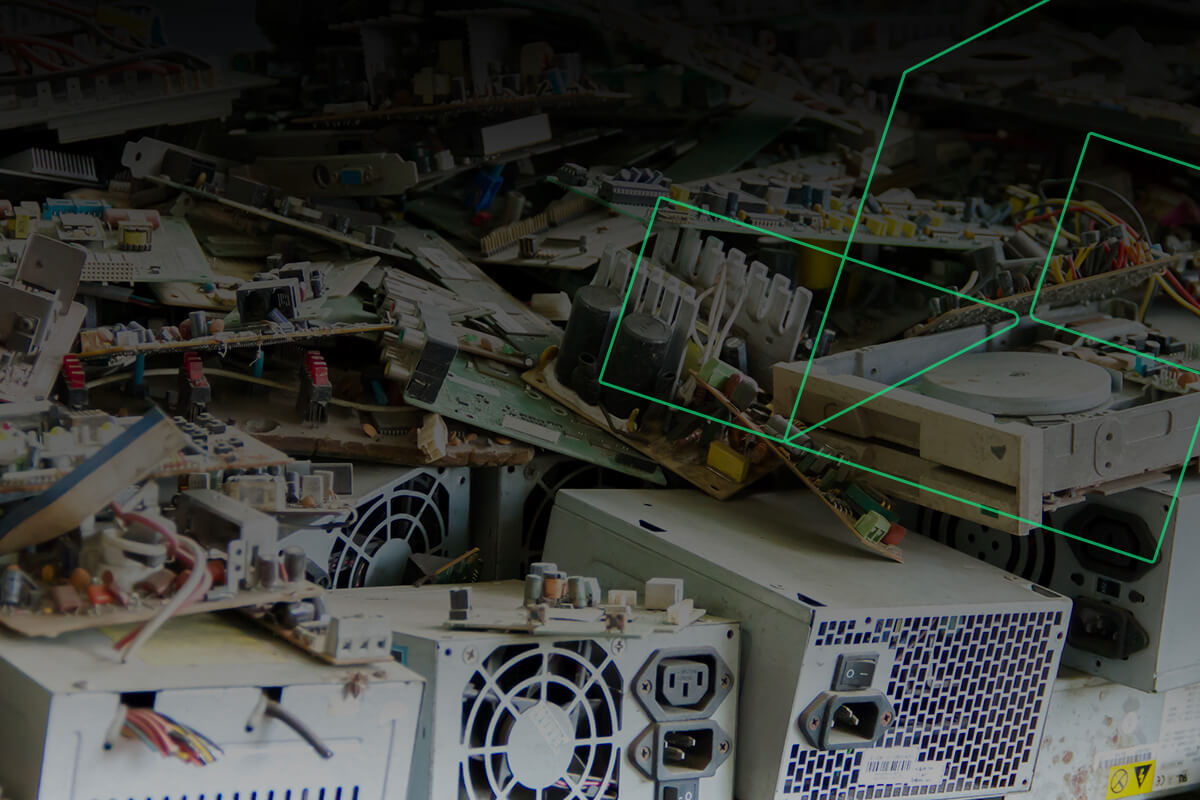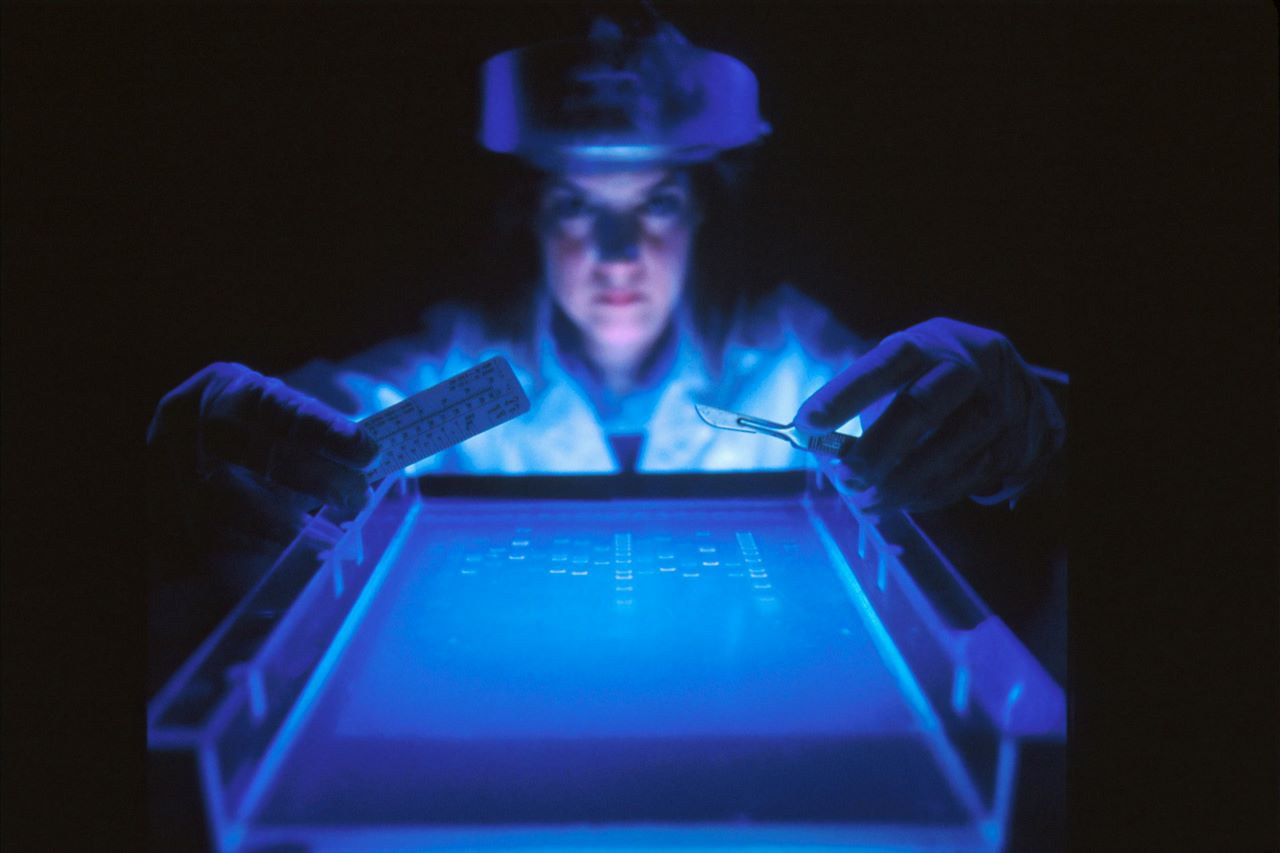You probably haven’t seen the 1999 film “The Matrix” for a while. Still, who can forget that scene where Keanu Reeves’ character, Neo, uploads information to his brain, falls asleep for a bit and wakes up proclaiming “I know kung fu”?
Sounds like science fiction, right?
According to researchers, this Matrix-style learning technique may actually be feasible — on a somewhat smaller scale — in the near future.
Last month, scientists from the California-based HRL Laboratories conducted a study using transcranial direct current stimulation (tDCS), a form of low-current brain stimulation that employs head caps with electrodes, to determine whether this method could enhance learning ability.
The study, published in the February 2016 issue of Frontiers in Human Neuroscience, first measured the electric signals in the brains of six pilots. Then, using the electrode caps, the researchers transmitted these signals into the brains of novice participants as they learned how to pilot an airplane using a flight simulator.
How did the subjects fare with the task?
Since the study also had a control group — a group of participants who tried out the flight simulator but did not receive the transcranial stimulation — the scientists were able to make direct comparisons in the learning ability of both groups. Results indicated that those who wore the electrode craps performed the flight-simulation task 33 percent better than those who didn’t.
Of course, sticking some electrodes to your head probably isn’t going to score you a real-life pilot’s license. But Dr. Matthew Phillips, who headed the team of researchers, believes these findings have implications for separate, everyday tasks that require cognitive and motor skills, like driving, studying for exams and learning new languages.
If he’s right, you may soon essentially be able to upload knowledge directly to your brain. Maybe, like Neo, you can more easily enhance your kung-fu chops.

How Does tDCS Work?
When you learn a new task or skill, your brain creates new neural connections. This type of brain flexibility is called neuroplasticity.
The term has typically been used in connection with post-stroke rehabilitation, specifically in the context of recovering from brain damage. But neuroplasticity also applies to mundane tasks like driving. For example, research has shown that taxi-cab drivers have larger hippocampi — the area of the brain involved in memory — than those of the general population. This is because they constantly learn new routes and the everyday learning process builds their neural connections.
The tDCS technique works in the same way. Stimulating your brain with electrodes can generate new connections in your brain, which makes it easier for you to master a new skill or retain a new piece of knowledge.
This form of brain stimulation can improve your productivity, whether you need a boost at work or at school. It doesn’t even require you to down coffee or an energy drink. In fact, these devices are already largely publicly available, and many people have reported that using the electrodes on a regular basis has increased their efficiency in their daily lives.
HRL’s higher-tech electrode headgear promises to do even more for your productivity by more quickly accelerating your learning ability, whether you want to do better on that calculus test, get your work project finished more easily or even pilot a plane.
Can You Upload Knowledge?
Don’t get too excited yet: The researchers have a lot more work to do if they truly want to market a device that makes you feel like Neo. One caveat to HRL’s study is that even though the subjects who received tDCS learned the flight simulator better than the control group, they still had to keep practicing to gain substantial improvements in their performance of the task. It’s not like you’ll be able to upload an entire novel to your brain, as the company says the technology probably won’t leave you with a photographic memory.
There’s also still no word on when these new devices will be available to the public. The consensus, for now, is simply “soon.”
But even if you’ll never learn kung fu precisely like Neo did — just by going to sleep — these electrode-embedded head caps have the potential to make your brain feel like a kung-fu ninja.
Recent Stories
Follow Us On
Get the latest tech stories and news in seconds!
Sign up for our newsletter below to receive updates about technology trends




